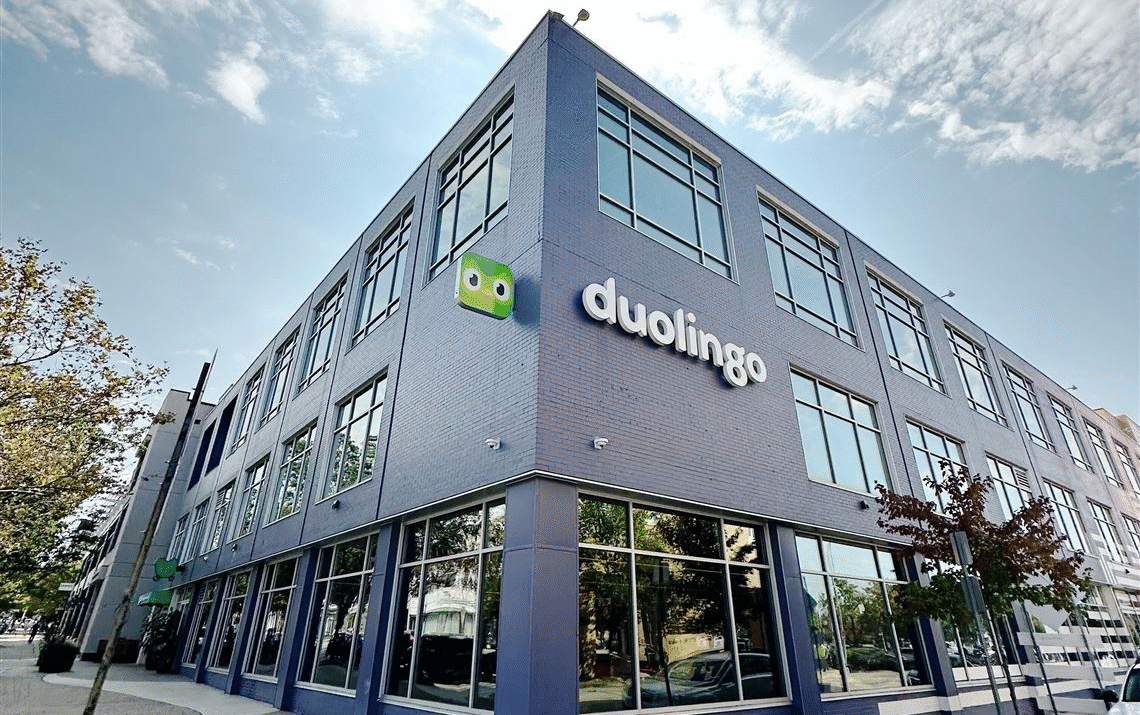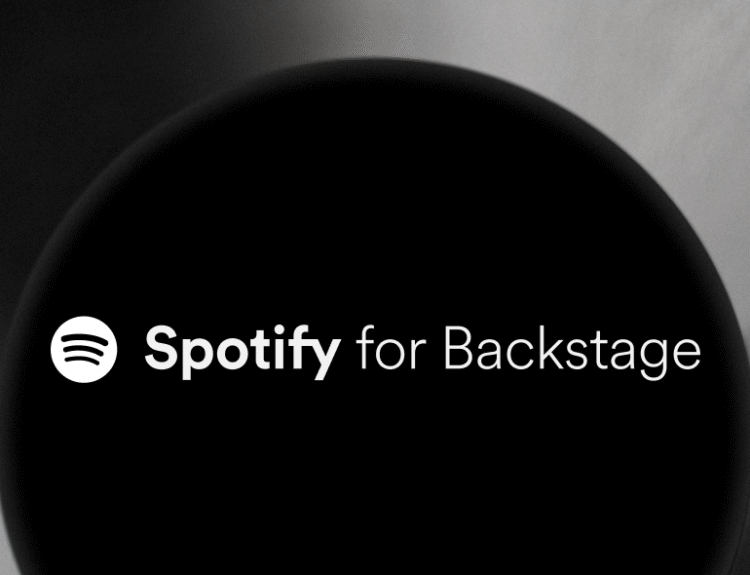So, I stumbled upon an interesting article this week about Duolingo’s strategy to become an “AI-first” company. The piece, published on TechCrunch, highlighted Duolingo’s plans to replace some contractors with AI, and it got me thinking – is this a sign of a larger AI-driven shift in the job market?
Brian Merchant, a journalist mentioned in the article, even suggested this could be the beginning of an “AI jobs crisis.” It’s a bold statement, but after digging a little deeper, it’s clear there are valid reasons for concern. Let’s unpack this a bit.
The Duolingo Story: Efficiency vs. Employment
Duolingo isn’t exactly shy about its AI ambitions. They’ve been integrating AI into their learning platform for a while now, personalizing lessons and providing real-time feedback. This move towards replacing contractors seems to be an extension of that strategy – a push to streamline operations and potentially cut costs.
According to a recent report by McKinsey, automation could displace between 400 million and 800 million workers globally by 2030. While not all of this is solely AI-driven, it paints a picture of a future where many jobs are vulnerable. It’s easy to see how roles involving repetitive tasks or data analysis, which are common in many industries, could be automated using AI.
Now, Duolingo would argue that AI can enhance the learning experience and make it more accessible. Which is great, but the question remains: what happens to the people whose jobs are being automated?
Beyond Duolingo: A Wider Trend?
Duolingo isn’t alone in this. We’re seeing AI creep into various sectors, from customer service chatbots to AI-powered marketing tools. A PwC study estimates that AI could contribute $15.7 trillion to the global economy by 2030, and this growth will inevitably involve shifts in the workforce.
The real challenge lies in how we manage this transition. Are we preparing workers for the jobs of the future? Are we providing adequate support for those who are displaced? These are big questions that need addressing.
The Human Element: Why It Still Matters
While AI excels at processing data and automating tasks, it lacks uniquely human qualities like empathy, creativity, and complex reasoning. These are the qualities that will differentiate us in the age of AI.
I believe that the future lies in finding a balance between AI and human capabilities. Instead of viewing AI as a threat, we should explore how it can augment our abilities and free us up to focus on more meaningful and creative work.
Things to Note:
- Human skills like creativity and empathy will become even more valuable.
- AI should be viewed as a tool to augment human capabilities, not replace them.
- Focus on developing skills that AI cannot easily replicate.
- Continuous learning and adaptation are essential in a rapidly changing job market.
- Ethical considerations must be at the forefront of AI implementation.
Final Thoughts
Duolingo’s AI-first strategy is a wake-up call. It highlights the potential impact of AI on the job market and underscores the need for proactive measures. While the “AI jobs crisis” may not be here in full force just yet, it’s crucial to start preparing for the future now. By embracing lifelong learning, fostering uniquely human skills, and advocating for responsible AI implementation, we can navigate this transition successfully.
Takeaways:
- Duolingo’s shift is a sign of things to come in various industries.
- Proactive preparation is crucial to navigate the changing job market.
- Lifelong learning and skill development are more important than ever.
- Embrace AI as a tool for augmentation, not just automation.
- Advocate for ethical and responsible AI implementation.
FAQs
Q: Is AI going to steal all our jobs?
A: Not necessarily. AI is likely to augment many roles, rather than completely replace them. The key is to adapt and learn new skills that complement AI.
Q: What kinds of jobs are most at risk?
A: Jobs involving routine tasks, data entry, and basic customer service are particularly susceptible to automation.
Q: What skills will be valuable in the age of AI?
A: Creativity, critical thinking, complex problem-solving, and emotional intelligence will be highly sought after.






